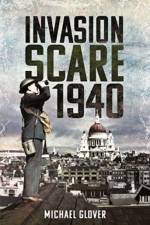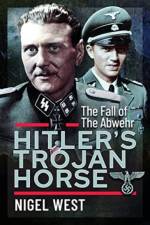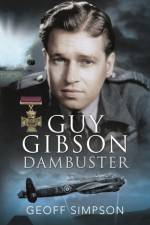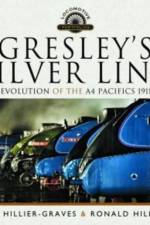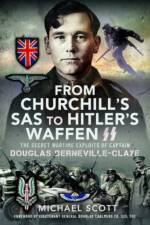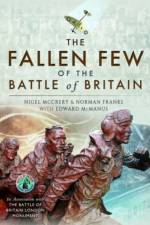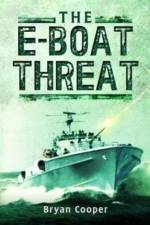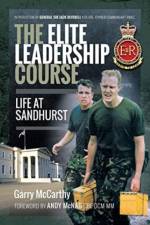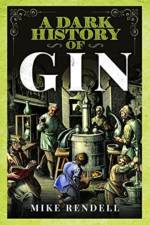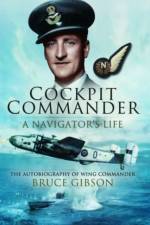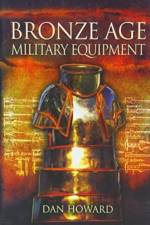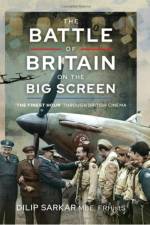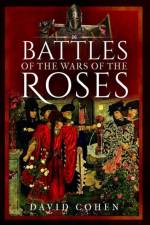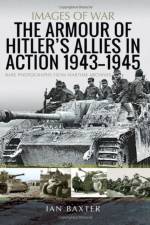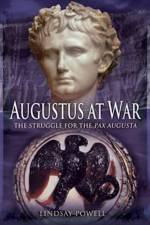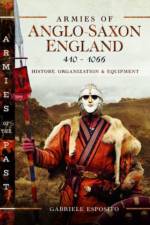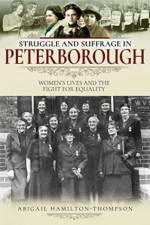av Dilip Sarkar
279
During the Second World War, the British movie industry produced a number of films concerning the war, all of which were, by necessity, heavily myth-laden and propagandised. Foremost among these productions was The First of the Few, which was the biggest grossing film of 1942.In the immediate post-war period, to start with there were no British aviation war films. The first to be released was Angels One Five in 1952. It was well-received, confirming that the Battle of Britain was a commercial commodity.Over the next few years, many famous war heroes published their memoirs, or had books written about them, including the legless Group Captain Douglas Bader, whose story, Reach for the Sky, told by Paul Brickhill, became a best-seller in 1956. It was followed a year later by the film of the same name, which, starring Kenneth More, dominated that year's box office.The early Battle of Britain films had tended to focus upon the story of individuals, not the bigger picture. That changed with the release of the star-studded epic Battle of Britain in 1969. Using real aircraft, the film, produced in color and on a far larger scale than had been seen on film before, was notable for its spectacular flying sequences.Between the release of Reach for the Sky and Battle of Britain, however, much had changed for modern Britain. For a variety of reasons many felt that the story of the nation's pivotal moment in the Second World War was something best buried and forgotten. Indeed, the overall box office reaction to Battle of Britain reinforced this view - all of which might explain why it was the last big screen treatment of this topic for many years.It was during the Battle of Britain's seventieth anniversary year that the subject returned to the nation's screens when Matthew Wightman's docudrama First Light was first broadcast. Essentially a serialisation of Spitfire pilot Geoffrey Wellum's best-selling memoir of the same title, Wightman cleverly combined clips of Wellum as an old man talking about the past with his new drama footage. The series is, in the opinion of the author, the best portrayal of an individual's Battle of Britain experience to have been made.In this fascinating exploration of the Battle of Britain on the big screen, renowned historian and author Dilip Sarkar examines the popular memory and myths of each of these productions and delves into the arguments between historians and the filmmakers. Just how true to the events of the summer of 1940 are they, and how much have they added to the historical record of 'The Finest Hour'?


